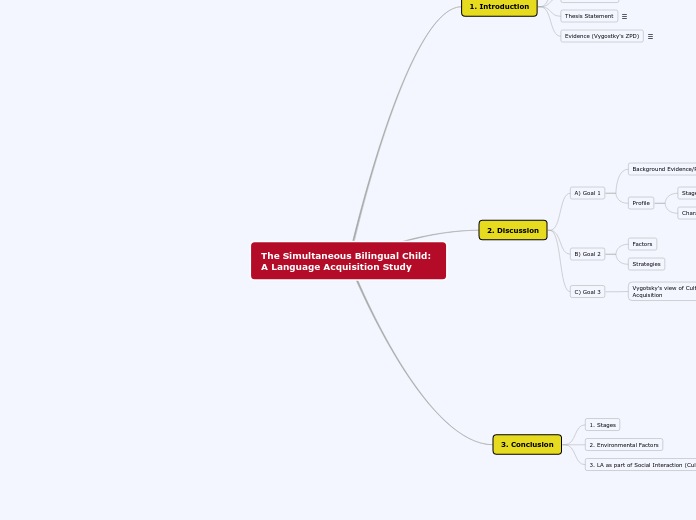rFor most children, ages 18 months - 24 months, it is expected that their language is intelligible or comprehensible. However, there are cases wherein at 36 months or 3 years – 5 years old, some children cannot express themselves in an intelligible language. Like in the case of my daughter, Ravine who was two (2) years and 11 months old but can only speak few essential words and phrases and mostly unintelligible lengthy sentences.
Background Evidence/Previous Research
There are some common myths about children growing upbilingually; first, it is often claimed that hearing two or morelanguages will confuse the child and lead to grave problems inacquiring language. Second, it is claimed that the acquisition ofthe main language of the environment will stand a better chancewithout competition from other language (De Houwer, 1999).Studies of the language development of such “native bilinguals” suggest that they behave much like monolingual children (Saunders, 1988). They manage to learn two language systems in about the same time and to about the same degree of skill as monolingual children take to learn one.It is further claimed that small children who are learning tospeak two languages go through a stage of mixing and confusing the two. The use of words from both languages in a single sentence is cited as evidence that the child cannot distinguish between the two languages. According to Romaine (1995), the use of two languages in one sentence by mature bilinguals reveals a great deal of linguistic skill. It is also true that, while young bilingual children sometime use words from two languages in the same sentence, they produce far more sentences using only one language. This clearly shows that they are able to keep their language separate.
